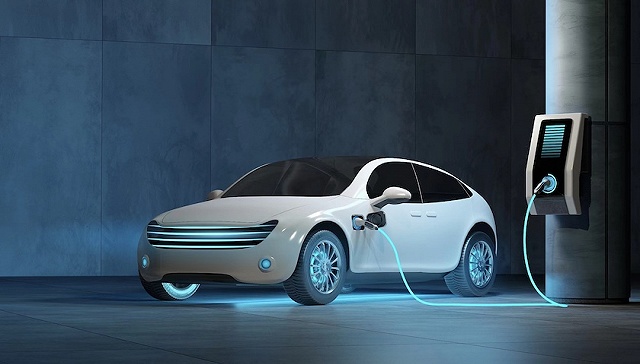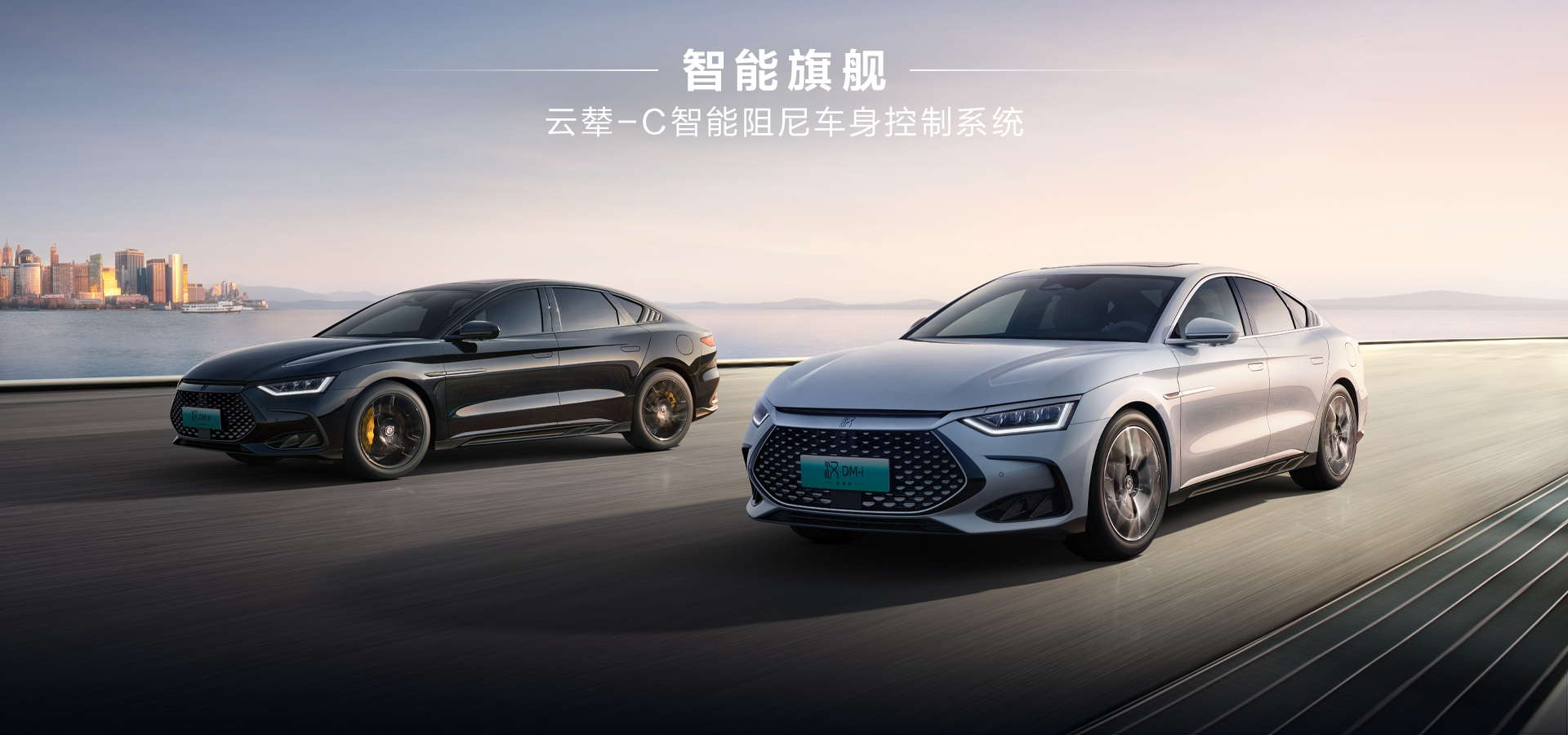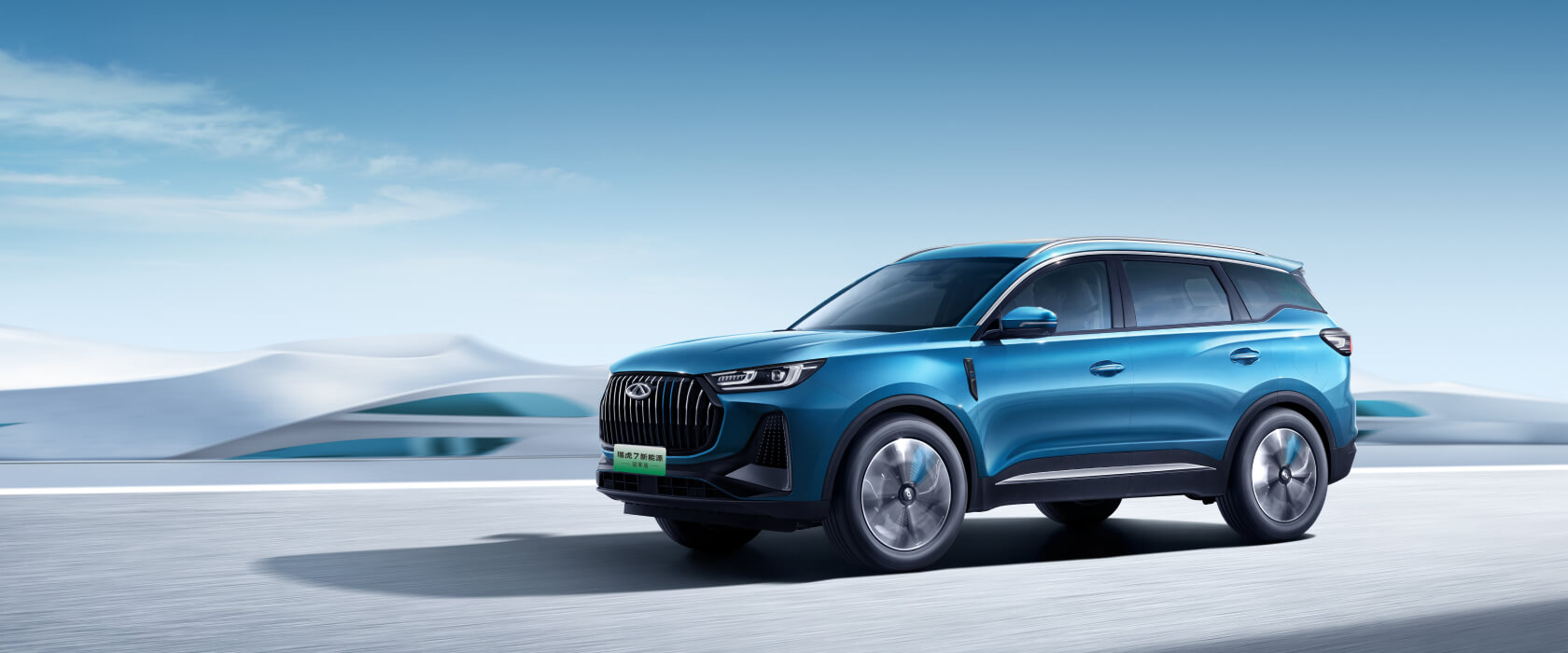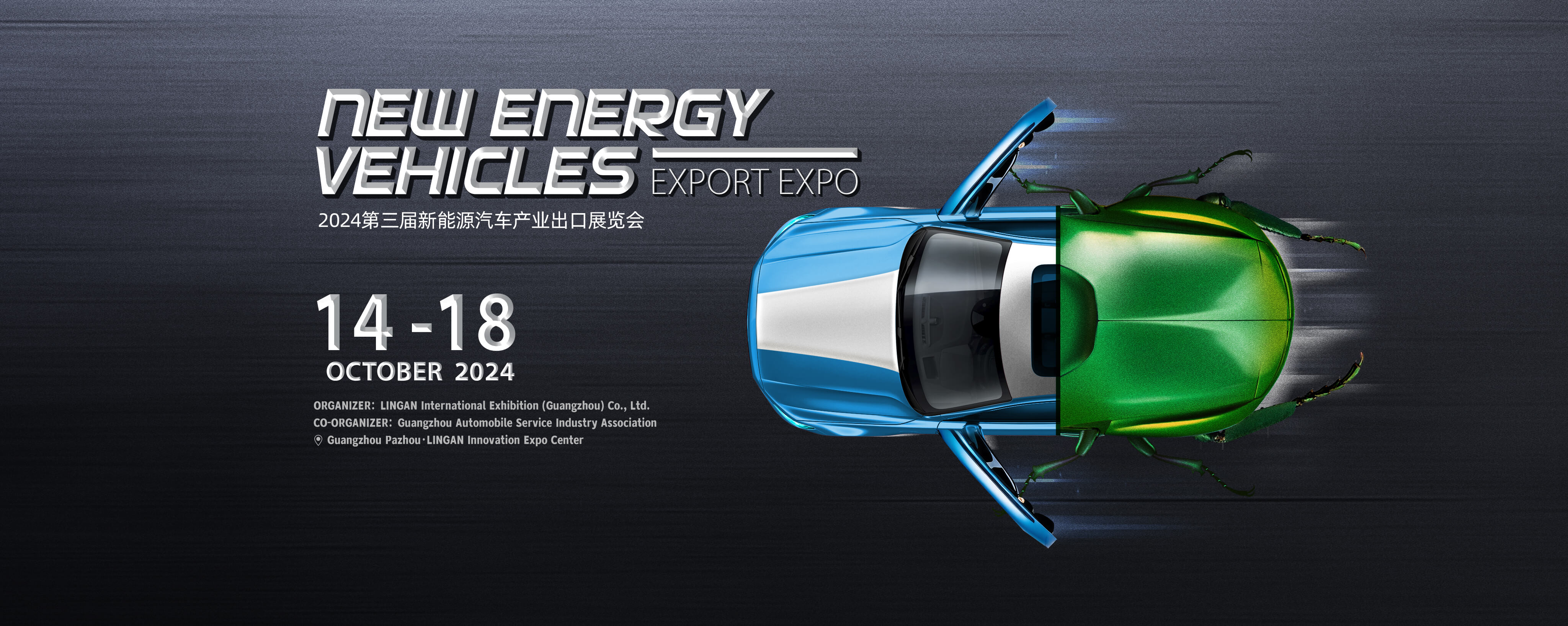Chinese New Energy Vehicle Companies
Are Making Inroads into the Malaysian Market
In recent years, the sales of new energy vehicles in Malaysia have increased significantly. According to the Malaysian Automotive Association, in 2023, the total sales of electric and hybrid vehicles in Malaysia reached 38,000 units, marking a 69% increase compared to 2022. Notably, the sales of pure electric vehicles reached 10,159 units, a fourfold increase from the previous year.
Malaysia aims to have electric vehicles account for 15% of total vehicle sales by 2030 and 38% by 2040.

Why the Growth?
– Government Initiatives: Malaysia is making green transportation a key part of its green transition strategy to achieve net-zero emissions. The government has introduced several measures to encourage the development of the EV industry, including exemptions on import and domestic taxes for imported fully electric vehicles, and exemptions on domestic and sales taxes for locally assembled EVs, as well as import tax exemptions for EV parts.
– Infrastructure Development: Malaysia plans to build 10,000 public charging stations nationwide by 2025.
Facing a promising and burgeoning market, many Chinese automotive companies have accelerated their expansion into Malaysia in recent years.
Great Wall Motors
– Entry and Impact: On July 5, 2022, Great Wall Motors (GWM) established a subsidiary in Malaysia. By the end of November 2022, GWM launched its new energy model, Ora Good Cat, in Kuala Lumpur, quickly gaining market recognition and winning the “Most Anticipated New Car” award at the Malaysia Car of the Year 2022.
– Future Plans: Over the next three years, GWM plans to introduce nine new models, mainly new energy vehicles, including sedans, SUVs, and pickup trucks, offering consumers a comprehensive travel experience with new energy, intelligence, and innovation.
– Market Strategy: Great Wall Motors Malaysia Sales Co., Ltd. General Manager, Cui Anqi, mentioned that Malaysia is a key market in ASEAN with mature car consumption, and the NEV market remains a “blue ocean” with tremendous potential for consumption upgrades.

BYD
– Rapid Success: In December 2022, BYD officially entered the Malaysian passenger car market, launching its first model, BYD ATTO 3, which received over 1,000 orders in just 10 days. It quickly became a favorite in the Malaysian EV market and topped the sales charts.
– Future Expansion: Zhao Yue, General Manager of BYD Malaysia, stated that the company will adjust its strategies according to market developments, aiming to expand BYD’s brand presence throughout Malaysian cities and regions. They are also considering local production and assembly in line with Malaysian policies.

Chery
– Re-entry and Growth: In 2023, Chery officially announced its return to the Malaysian market with models like Omoda 5 and Tiggo 8 Pro, receiving high praise for their cost-effectiveness. Chery also established a nationwide sales network and assembly operations.
– Sales Performance: As of May 2024, Chery’s cumulative sales in Malaysia reached 6,420 units, making it the seventh best-selling car brand, just behind Mitsubishi and Mazda. This marks a reversal of Chery’s initial poor performance in Malaysia in 2004.

Following the footsteps of Great Wall, BYD, and Chery, Hozon Auto signed a cooperation agreement with a Malaysian partner earlier this year to establish its third overseas factory, expected to start production in 2025. Recently, GAC Aion made its debut at the 2024 Malaysia Auto Show, launching its popular model, AION Y Plus, in the Malaysian market, marking yet another Chinese company entering this promising market.

In the field of new energy vehicles, China’s automotive industry has achieved a leapfrog advantage globally. Now, the Malaysian authorities are keen to capitalize on this wave of automotive industry upgrades, driving the development of Malaysia’s EV ecosystem. The current momentum in NEVs has become a key entry point for Chinese car companies into the Malaysian market.
As the Malaysian NEV market matures rapidly, consumers increasingly value quality, with growing attention to new energy, smart features, and personalization—areas where Chinese car brands excel. How to achieve sustainable operations in Malaysia and gain local market trust with a long-term vision is a key question for Chinese NEV companies to consider moving forward.
Notably, Malaysia was the first ASEAN country to establish diplomatic relations with China after ASEAN’s formation, and this year marks the 50th anniversary of China-Malaysia diplomatic ties. The development of China-Malaysia relations presents a new opportunity, and cooperation in the NEV sector is expected to become more frequent and intensive. What breakthroughs will Chinese NEV companies make next? Let’s stay tuned!


